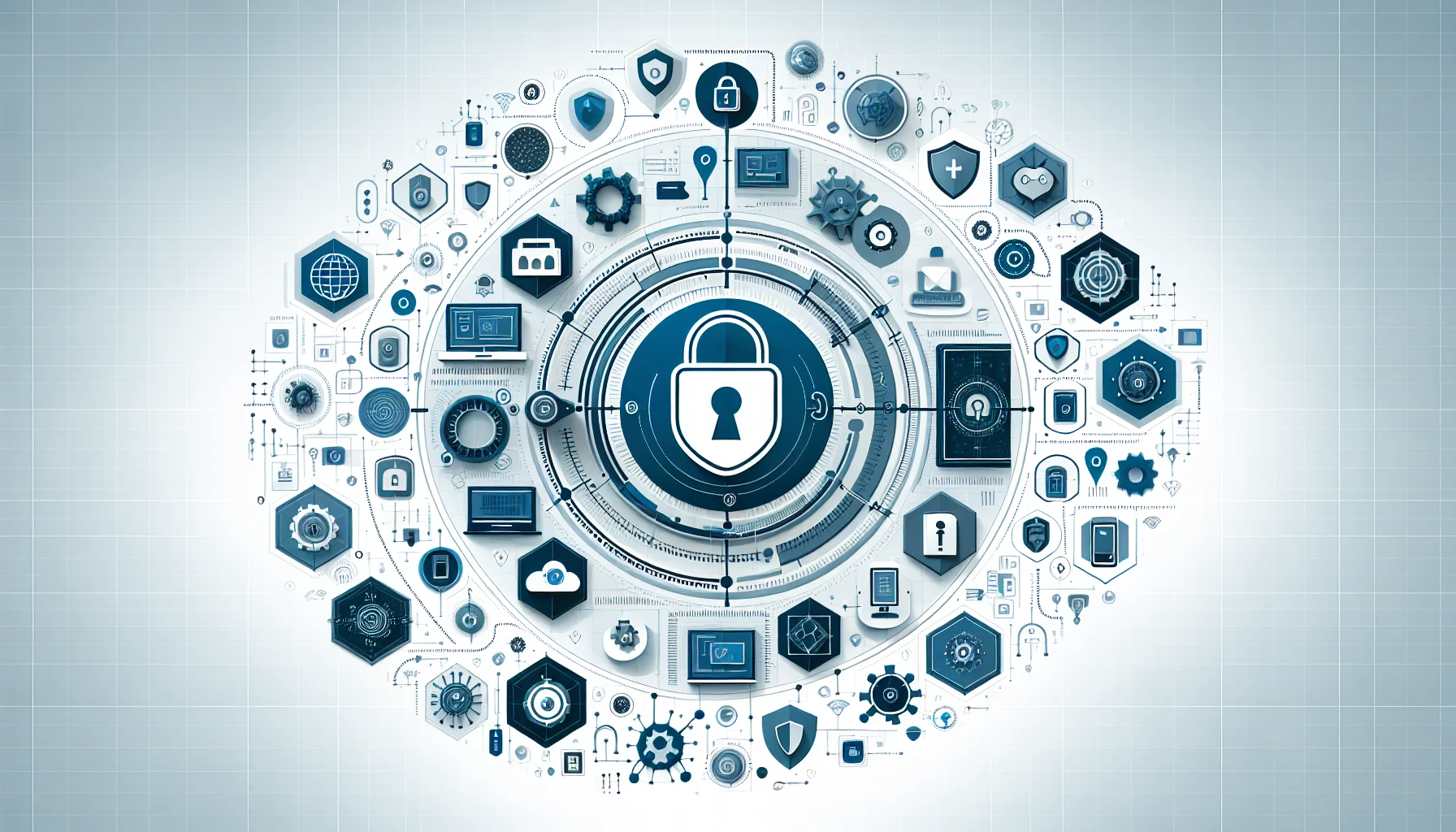Unlocking IP Addresses: Techniques for Intermediate Users
This article explains techniques for intermediate users to understand and unlock IP addresses, covering various aspects in an easy-to-understand manner.


In the digital age, understanding IP addresses is becoming increasingly important. This article aims to demystify the topic for intermediate users, providing practical techniques and explanations. Let's dive in!
What is an IP Address?
An IP address is like a digital address for your device on the internet. It's how devices communicate with each other. Think of it as your home's street address, but for the online world.
How Does an IP Address Work?
When you send a request to access a website or send an email, your device uses its IP address to identify itself to the network. The destination device then uses the sender's IP address to send a response back. It's like sending a letter - the IP address is the return address on the envelope.
Why is an IP Address Important?
IP addresses are crucial for a variety of reasons. They help ensure that data is sent to the correct device and can also be used for security and tracking purposes. For example, if there's suspicious activity on a network, IP addresses can be used to identify the source of the problem.
Unlocking IP Addresses: The Basics
Now that we understand what an IP address is, let's look at how to unlock them.
Understanding IP Address Blocks
IP addresses are often grouped into blocks. Think of this like a neighborhood where all the houses are grouped together. These blocks can be assigned to different organizations or regions.
Dynamic vs. Static IP Addresses
There are two main types of IP addresses: dynamic and static. A dynamic IP address changes each time you connect to the internet, like a hotel room that you might get assigned to each time you check in. A static IP address, on the other hand, remains the same, like a permanent home address.
Advanced Techniques for Unlocking IP Addresses
For those looking to take their understanding a step further, here are some advanced techniques.
Using VPNs to Unlock IP Addresses
A VPN, or Virtual Private Network, is like a secret tunnel through the internet. It allows you to mask your IP address and appear as if you're in a different location. This can be useful for accessing region-restricted content or enhancing your online privacy.
Port Forwarding for Specific Applications
Port forwarding is like opening a specific door in a building to allow certain traffic to pass through. It can be used to enable specific applications or services to work properly when they might otherwise be blocked.
Security Considerations When Unlocking IP Addresses
It's important to keep security in mind when dealing with IP addresses.
Protecting Your Privacy
When unlocking IP addresses, it's crucial to protect your privacy. Be cautious when using public Wi-Fi networks, as they can be a security risk. Always use a VPN when connecting to public Wi-Fi to encrypt your data.
Avoiding IP Address Tracking
There are many companies and organizations that track IP addresses for various reasons. To avoid being tracked, use privacy-enhancing tools and be mindful of the websites you visit. Quick Tip: Regularly clear your browser cookies and cache to reduce the amount of data that can be tracked.
In conclusion, understanding and unlocking IP addresses can give you more control over your online experience. By using the techniques and considering the security aspects discussed in this article, you can navigate the digital world with more confidence.
About the Author

Marilyn J. Dudley
Marilyn is a Senior Network Engineer with over 15 years of experience in network infrastructure design and implementation. She holds CCNA and CCNP certifications and specializes in IP addressing, network security, and IPv6 migration strategies. Throughout her career, she has successfully led numerous large-scale network deployments and IPv6 transition projects for Fortune 500 companies. She is currently a dedicated writer for ipaddress.network, sharing her expertise to help organizations build secure and efficient networks.
Last updated: January 21, 2025







